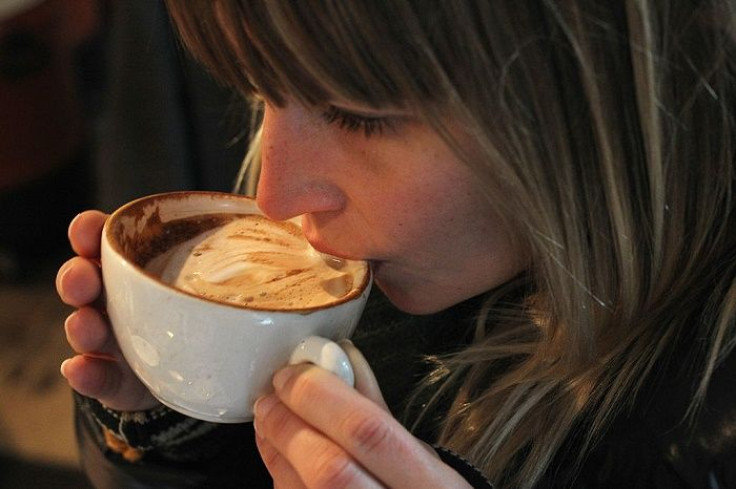WHO Downgrades Coffee's Status As Possible Carcinogen, But Other Hot Beverages Still A Concern

Coffee lovers can now indulge in a hot cup of 'joe without worrying about the prospect of developing cancer.
The World Health Organization (WHO) recently downgraded coffee’s status as a possible carcinogen, saying there is no conclusive evidence that suggests it causes cancer. The decision is based on an International Agency for Research on Cancer's (IARC) review of more than 1,000 studies on the potential link between the two, which comes 25 years after the WHO first blacklisted the popular morning beverage. "[This] does not show that coffee is certainly safe ... but there is less reason for concern today than there was before," Dr. Dana Loomis, the deputy head of IARC's Monograph classification department said at a press conference on Wednesday, according to Reuters.
The change aligns with major research organizations that have found coffee to be part of a healthy diet, from helping improve gut bacteria to heart disease and dementia risk. In fact, the American Institute for Cancer Research reported "larger and more well-designed studies" have come out in support of coffee, suggesting it protects against, as opposed to causes, cancer. For example, one study found it may reduce risk for colorectal cancer, in addition to preventing against cirrhosis of the liver. And the IARC's recent review shows coffee can lower risk for liver and uterine cancer. For more than 20 other cancers, the evidence was inconclusive, The Wall Street Journal reported.
Not that the previous classification deterred people from stopping at Starbucks on the way to work. Adults living in the U.S. spent more than $74.2 billion on coffee in 2015 alone. But to assuage any new fears, Loomis told the Journal that the studies that were against coffee were confounded by other factors, such as smoking. In other words, it’s possible that smoking and other factors may have been responsible for the development of cancer and not the coffee itself.
Coffee may be safe, but the IARC still considers very hot beverages of any kind a risk factor for cancer. They defined very hot beverages as those above 150 or 160 degrees Fahrenheit, a classification based on studies that have shown a link between esophageal cancer and hot drinks. The studies looked at hot beverages in China, Iran and South America, where teas are usually consumed at about 158 degrees Fahrenheit, the Wall Street Journal reported.



























